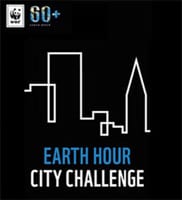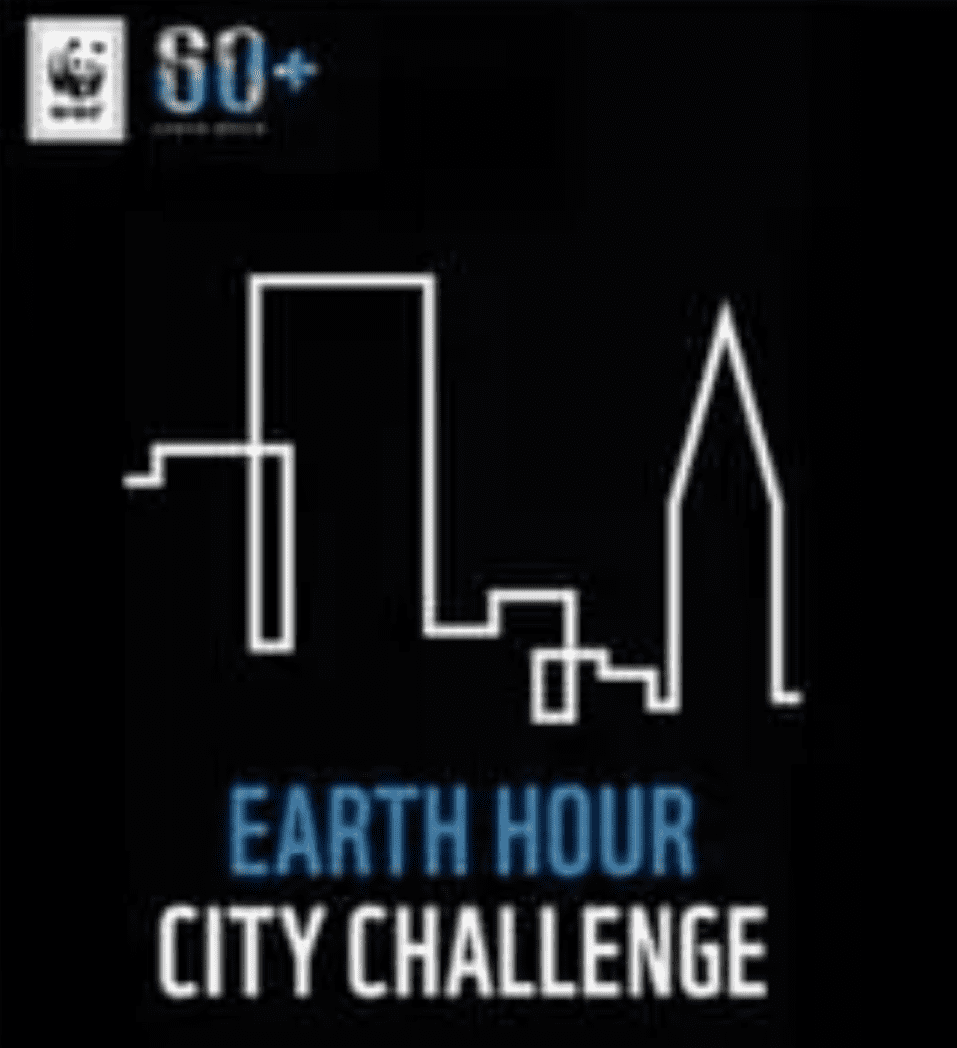Posted: 22 Jan 2013 12:30 PM PST by Building Cincinnati
Cincinnati is one of three finalists in the running to be named the World Wildlife Fund’s (WWF) Earth Hour City Capital, part of a year-long challenge to reward cities that are taking steps to transition to a climate-friendly future.
Chicago and San Francisco also were selected from a pool of 29 American cities for the global competition. The winning American city will be selected next month and will then compete with cities from Canada, India, Italy, Norway and Sweden.
The winning city will be eligible for additional resources to advance local climate readiness efforts, including up to $100,000 in grants.
“We are highlighting the best and brightest ways cities are keeping their communities one step ahead of the climate-driven changes and extreme weather we are all experiencing,” WWF-U.S. Director of International Climate Policy Keya Chatterjee said in a prepared release. “These cities really have put in place some of the most forward-looking, locally-oriented measures in the U.S. and are truly global leaders in addressing climate change.”
One reason for Cincinnati’s selection is its electric aggregation program, which could make it the largest City in the United States to supply its energy entirely from renewable resources. The goal is to reduce the City’s carbon emissions by 2 percent annually for 42 years.
“In Cincinnati, we have been aggressively pursuing a wide range of strategies to combat climate change and shift to renewable energy,” Mayor Mark Mallory said. “Cincinnati has become a national leader in green energy and we are going to continue to lead by example.”
The City also adopted in 2008 the Green Cincinnati Plan, an action plan with more than 80 recommendations meant to make the City more sustainable and beautiful. More than three-fourths of those recommendations already have been implemented under the leadership of the City’s Office of Environmental Quality.
“The Earth Hour City Challenge clearly demonstrates that cities are on the front lines of responding to climate change,” Chatterjee said. “These local governments have set ambitious development plans, improved local public transportation systems and committed to reducing carbon emissions to improve their citizens’ quality of life while simultaneously reducing their impact on our planet.”
Launched in Sydney by WWF-Australia in 2008, Earth Hour activities have spread to 152 countries and territories.
This year’s Earth Hour will be held March 23 from 8:30 P.M. to 9:30 P.M.
(12-10-19 redirect from lohre.com)


